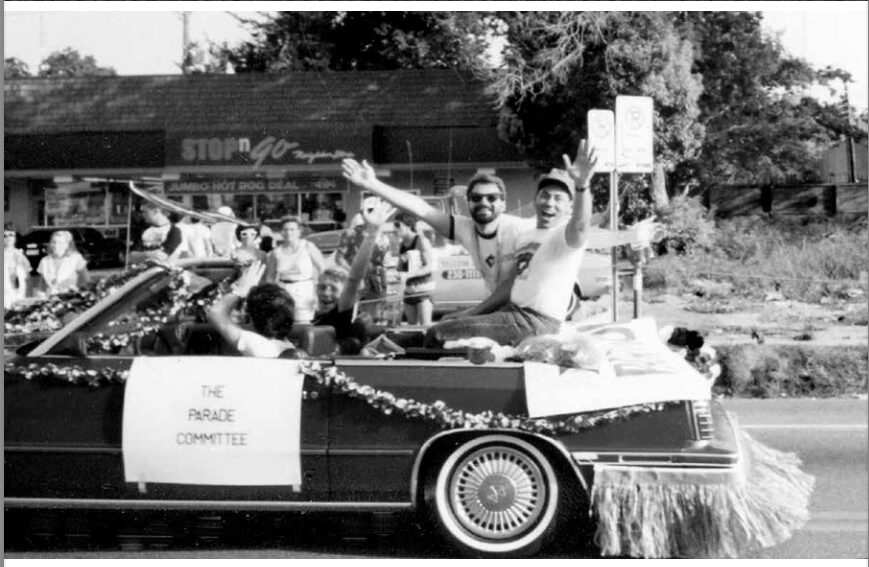Introduction to a Pioneer
Larry Bagneris is a renowned figure in New Orleans’ gay community, known for his tireless activism and contributions to the LGBTQ+ movement. However, his journey as an advocate for civil rights began in Houston, where he played a pivotal role in launching the city’s first Pride parade in 1979. Bagneris’ remarkable story is one of triumph over adversity, as he navigated the challenges of racism and homophobia to become a leading voice for his community.
Early Life and Struggles
Bagneris was born into a Creole family, a mix of French, African, Spanish, and Native American ancestry. Growing up in a Catholic household, he struggled with his sexual orientation from a young age. Despite his family’s acceptance, the societal norms and prejudices surrounding him made it difficult for Bagneris to come to terms with his identity. He even sought help from a psychiatrist, but the suggestion of shock therapy led him to abandon the treatment.
The Journey to Activism
It was by chance that Bagneris stumbled upon a protest against segregation, marking the beginning of his journey into civil rights activism. As a student at Xavier University, the only historically Black, Catholic university in the United States, Bagneris became increasingly involved in the fight for equality. A professor, recognizing his internal conflict, encouraged Bagneris to explore the world beyond New Orleans. This led him to visit New York, where he experienced the vibrant queer culture of the time. Although he missed the famous Stonewall Riots of 1969, Bagneris witnessed a police raid on the Stonewall Inn, which had a profound impact on him.
Finding Community in Houston
After college, Bagneris moved to Houston, where he found a sense of comfort in the city’s queer-friendly and multiracial atmosphere. The 1970s saw a surge in queer media, organizations, and bars in the Montrose area, providing a haven for individuals like Bagneris. However, as a gay Black man in conservative Texas, he faced racism and homophobia. The invitation of anti-gay activist Anita Bryant to the Texas State Bar Association’s Houston convention in 1977 galvanized the gay community, and Bagneris emerged as a prominent activist and leader.
Launching the Houston Pride Parade
In 1979, Bagneris founded the Houston Pride Parade, an event that continues to this day. Although it is now an established institution with support from local government officials and police, the initial effort to organize the parade was met with resistance. Bagneris’ determination and perseverance ultimately led to the success of the event, which has become a celebration of diversity and inclusivity.
Legacy and Memoir
Bagneris’ memoir, "Call Me Larry: A Creole Man’s Triumph over Racism and Homophobia," is a testament to his courage and resilience. The book offers a unique perspective on the LGBTQ+ movement and the struggles faced by individuals like Bagneris. Through his story, readers can gain a deeper understanding of the importance of activism, community, and self-acceptance.
Conclusion
Larry Bagneris’ remarkable journey is a testament to the power of activism and the human spirit. From his early struggles with identity to his emergence as a leading voice for the LGBTQ+ community, Bagneris’ story serves as an inspiration to individuals from all walks of life. His legacy continues to shape the LGBTQ+ movement, and his memoir provides a unique glimpse into the life of a true pioneer. As a champion of civil rights and social justice, Bagneris’ impact will be felt for generations to come.




